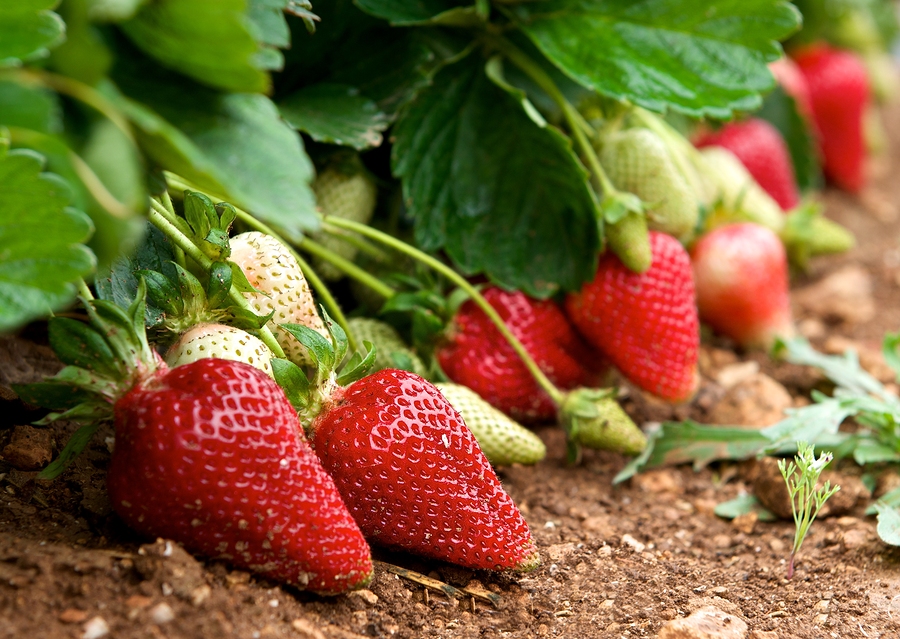The Dirty Dozen is a list of fruits and vegetables updated annually by The Environment Working Group (EWG). The produce that makes the Dirty Dozen’s list has the highest levels of pesticide residue. This year strawberries topped the list after the EWG found 17 different pesticides on tested samples.
This year’s Dirty Dozen list:
1. Strawberries
2. Apples
3. Nectarines
4. Peaches
5. Celery
6. Grapes
7. Cherries
8. Spinach
9. Tomatoes
10. Sweet bell peppers
11. Cherry tomatoes
12. Cucumbers
In 2012, 61% of vegetables grown in the US -and 70% of fruit- had detectable levels of pesticide residue. While the EPA, FDA and USDA all regulate set maximum amounts of pesticides that can legally be in or on food, studies have associated pesticides with everything from behavioral problems to cancer in children.
According to Michael Crupain (director of Consumer Reports’ for Food Safety and Sustainability Center) we are exposed to a cocktail of chemicals from our food on a daily basis. The Center for Disease Control and Prevention reports that traces of 29 different pesticides can be found within the average American’s body.
However, not everyone believes there is enough evidence to prove the link between pesticides and health conditions. This includes the American Academy of Pediatrics which state that they believe it is “more important for children to eat a wide variety of produce, conventional or organic.”
Dr. Jennifer A. Lowry (chief of toxicology at Children’s Mercy in Kansas City and chair to the Council on Environmental Health for the AAP) told ABC News in an interview “If I have the choice between eating the red, shiny [non-organic] strawberry or no strawberry, I’m going to eat the strawberry, and I’m going to tell my patients to eat the strawberry.”
While washing fruits and vegetables thoroughly will decrease the amount of pesticide residues consumed, commonsense would tell you that pesticides don’t simply stay on the surface of fruits and vegetables.
What can you do as a consumer to protect yourself from the many chemicals used to grow and market produce? Especially when you’re buying the Dirty Dozen, buy organic. By buying organic you eliminate the risks of consuming possible cancer-causing pesticides and provide you and your family with healthier food.
